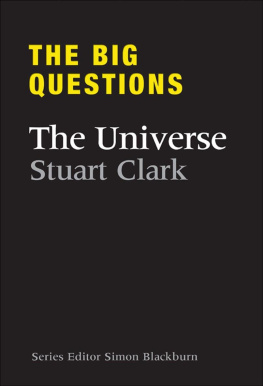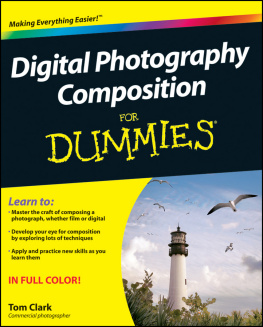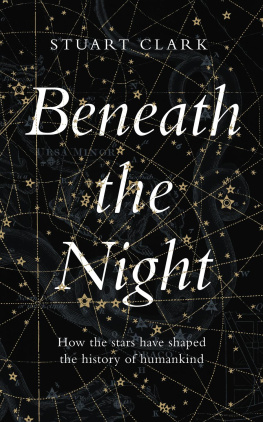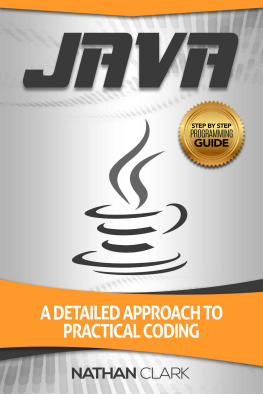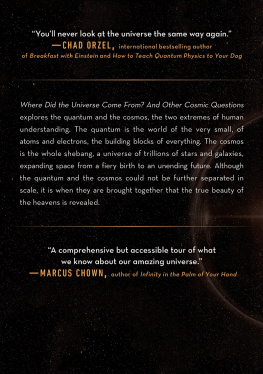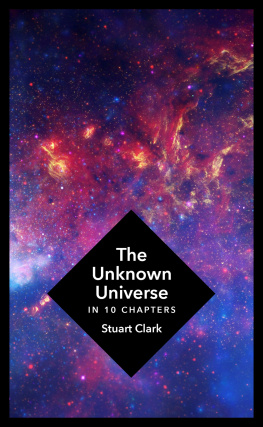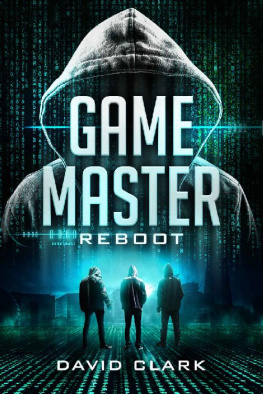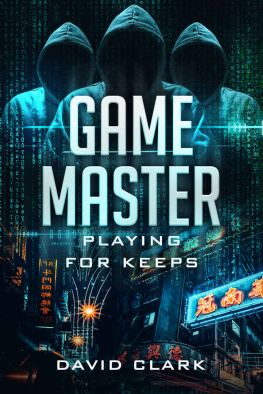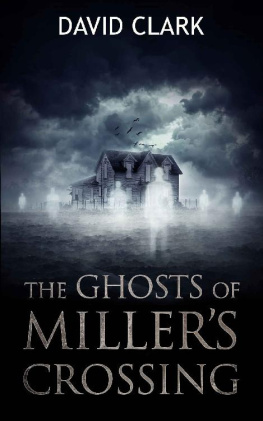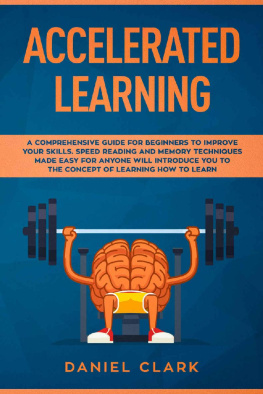Clark - The Big Questions: The Universe
Here you can read online Clark - The Big Questions: The Universe full text of the book (entire story) in english for free. Download pdf and epub, get meaning, cover and reviews about this ebook. year: 2010, publisher: Quercus Publishing, genre: Religion. Description of the work, (preface) as well as reviews are available. Best literature library LitArk.com created for fans of good reading and offers a wide selection of genres:
Romance novel
Science fiction
Adventure
Detective
Science
History
Home and family
Prose
Art
Politics
Computer
Non-fiction
Religion
Business
Children
Humor
Choose a favorite category and find really read worthwhile books. Enjoy immersion in the world of imagination, feel the emotions of the characters or learn something new for yourself, make an fascinating discovery.
The Big Questions: The Universe: summary, description and annotation
We offer to read an annotation, description, summary or preface (depends on what the author of the book "The Big Questions: The Universe" wrote himself). If you haven't found the necessary information about the book — write in the comments, we will try to find it.
Clark: author's other books
Who wrote The Big Questions: The Universe? Find out the surname, the name of the author of the book and a list of all author's works by series.
The Big Questions: The Universe — read online for free the complete book (whole text) full work
Below is the text of the book, divided by pages. System saving the place of the last page read, allows you to conveniently read the book "The Big Questions: The Universe" online for free, without having to search again every time where you left off. Put a bookmark, and you can go to the page where you finished reading at any time.
Font size:
Interval:
Bookmark:
THE BIG QUESTIONS
The Universe
Stuart Clark is the author of Deep Space,
Galaxy and the award-winning The Sun Kings:
The Unexpected Tragedy of Richard Carrington
and the Tale of How Modern Astronomy Began .
A former editor of the UKs best-selling
astronomy magazine, Astronomy Now , and a
Visiting Fellow at the University of Hertfordshire,
his writing appears in New Scientist, BBC Focus,
The Times, the Guardian and the Economist.
A regular voice on BBC radio, he lectures across
the world bringing astronomy to the
general public.
The Big Questions confronts the fundamental
problems of science and philosophy that have
perplexed enquiring minds throughout history, and
provides and explains the answers of our greatest
thinkers. This ambitious series is a unique, accessible
and concise distillation of humanitys best ideas.
Series editor Simon Blackburn is Professor of
Philosophy at the University of Cambridge,
Research Professor of Philosophy at the University
of North Carolina and one of the most
distinguished philosophers of our day.
Titles in The Big Questions series include:
P HILOSOPHY
P HYSICS
T HE U NIVERSE
M ATHEMATICS
THE BIG QUESTIONS
The Universe Stuart Clark
SERIES EDITOR
Simon Blackburn

Contents
The human quest to know whats out there
The cosmological distance ladder
Cosmologys age crisis
The cosmic recipe
The birth of the planet we call home
And why the Moon doesnt fall down
Gravitational force versus spacetime warp
Gobbling monsters, evaporating pin pricks and balls of string
Picturing the Big Bang
The beginnings of the Universe as we know it
The debate about what holds the Universe together
The most mysterious substance in the Universe
The mystery of how life emerged
The chances of finding we have neighbours
Is anyone out there?
The possibility of warp drives and time travel
Physics beyond Einstein
Schrdingers cat and the implications for us all
Big crunch, slow heat death or big rip
The apparent fine-tuning of the Universe for human life
Introduction
Questions in astronomy are invariably big. Even the simplest query can lead down a winding path of investigation that results in a profound answer. This answer may well be accompanied by a mind-blowing revelation, and this is surely one of the subjects greatest attractions. The overwhelming size of the Universe, stretching across billions of light years of space and billions of years in time, and the unimaginable numbers involved in its description, provide a sense of awe in themselves.
When you stand at a truly dark site in a desert or some other wilderness where the only light to be seen is coming from the stars above the stars fill the sky in such profusion that even the most familiar of the constellations is difficult to pick out. Although there may seem to be countless stars, in fact the human eye can resolve about 3000 under pristine conditions. This is but the tiniest fraction of the total number of stars in the Universe. It has long been a clich to say that the number of stars in the Universe is the same as the number of grains of sand on all the beaches in the world, but whilst there is indeed a staggering quantity of sand grains on Earth, this total is not nearly large enough. According to the latest estimates there are some 70 sextillion stars in the entire Universe; that is 70 thousand million million million, or a seven followed by 22 zeros. To pursue the comparison, this roughly equates to the number of grains of sand to be found on the beaches of 10,000 Earth-like planets.
This book attempts to answer questions that spring to peoples minds about the wonders of the Universe. There are discussions of the exotic, half-glimpsed celestial objects such as quasars and pulsars, and the glorious close-up investigations of the nearby planets, such as Mars and Jupiter. There is a chapter devoted to those renowned celestial superstars that retain their mystery no matter how many years pass by: the black holes. The question What is a black hole? persists as the inevitable one as soon as anyone learns about my background in astronomy. Do not expect a complete answer here because even the experts dont have that yet. The study of black holes exerts a powerful allure; when a full understanding is attained, that knowledge will almost certainly propel astrophysicists to a new comprehension of the Universe as a whole.
Of the 19 other big questions discussed here, some have definitive answers after centuries of scientific effort; others are tantalisingly close to a solution; and some still remain utterly without resolution. These unsolved ones are perhaps the most captivating because they set the agenda for modern astronomy and cosmology. Regardless of our ability, or not, to fully answer it, each question tackles an important foundation stone in both our perception of the Universe and our efforts to appreciate our own place in its vastness; each question also delves a little into that special magic that we all feel a touch of when contemplating the Universe.
WHAT IS THE UNIVERSE?
The human quest to know whats out there
The Universe is what we call everything: every planet, every star, and every distant galaxy. It is vast beyond human comprehension, yet that has not stopped us trying to make sense of it all. Throughout history we have peered at it, measured it and studied it in the hope of one day understanding it. We have made some significant steps; but, lest we become complacent, the Universe always has a new surprise to throw at us, a new challenge to test our imagination
The urge to understand the Universe developed early in human history. Babylonian stone tablets dating back to 30003500BC have been found that record the variable length of day throughout the year; the Chinese have written records of eclipses since about 2000BC. Around the world are the remains of prehistoric structures that display striking astronomical alignments. The oldest of these is the 5200-year-old tomb at Newgrange, Ireland. At dawn on the winter solstice, the shortest day of the year, the rising Sun shines its beam through a passageway onto the floor of the inner chamber.On Easter Island in the Pacific, seven of the hundreds of enigmatic statues face in the direction where the Sun sets on the equinox, when night and day have equal length. It has been suggested that the great Cambodian Temple Angkor Wat is aligned so that the Sun rises over the eastern gate on midsummers day. The pyramids of Egypt are also thought to show alignment with the stars. Whilst none of these constitute an observatory in a scientific sense, they clearly demonstrate that the builders had an understanding of the motion of the Sun and stars.
The earliest astronomical observations were almost certainly used by ancient humans to set the calendar. The phases of the Moon defined the passing of a month, and the passage of the Sun through the sky defined both the length of a day and of a year. As the year progresses, the Sun rises and sets from different points on the horizon. Stonehenge, the well-preserved stone circle on Salisbury Plain in England, has a well-known solar alignment. On midsummers day, the Sun rises over an offset monolith known as the Heel Stone. Initially Stonehenge was thought to be a temple to the Sun god, but some researchers have found other alignments between the stones and the Moon and suggested that it could have been a prehistoric observatory, perhaps used primarily for the prediction of eclipses.
The earliest cosmology
The Greek word kosmos means orderly arrangement, and from it we derive todays words cosmos and cosmology. Cosmology is the branch of astronomy that goes about answering that most fundamental of questions, What is the Universe?, by studying the way the Universe behaves, how it began, and how it will all eventually end.
Next pageFont size:
Interval:
Bookmark:
Similar books «The Big Questions: The Universe»
Look at similar books to The Big Questions: The Universe. We have selected literature similar in name and meaning in the hope of providing readers with more options to find new, interesting, not yet read works.
Discussion, reviews of the book The Big Questions: The Universe and just readers' own opinions. Leave your comments, write what you think about the work, its meaning or the main characters. Specify what exactly you liked and what you didn't like, and why you think so.

